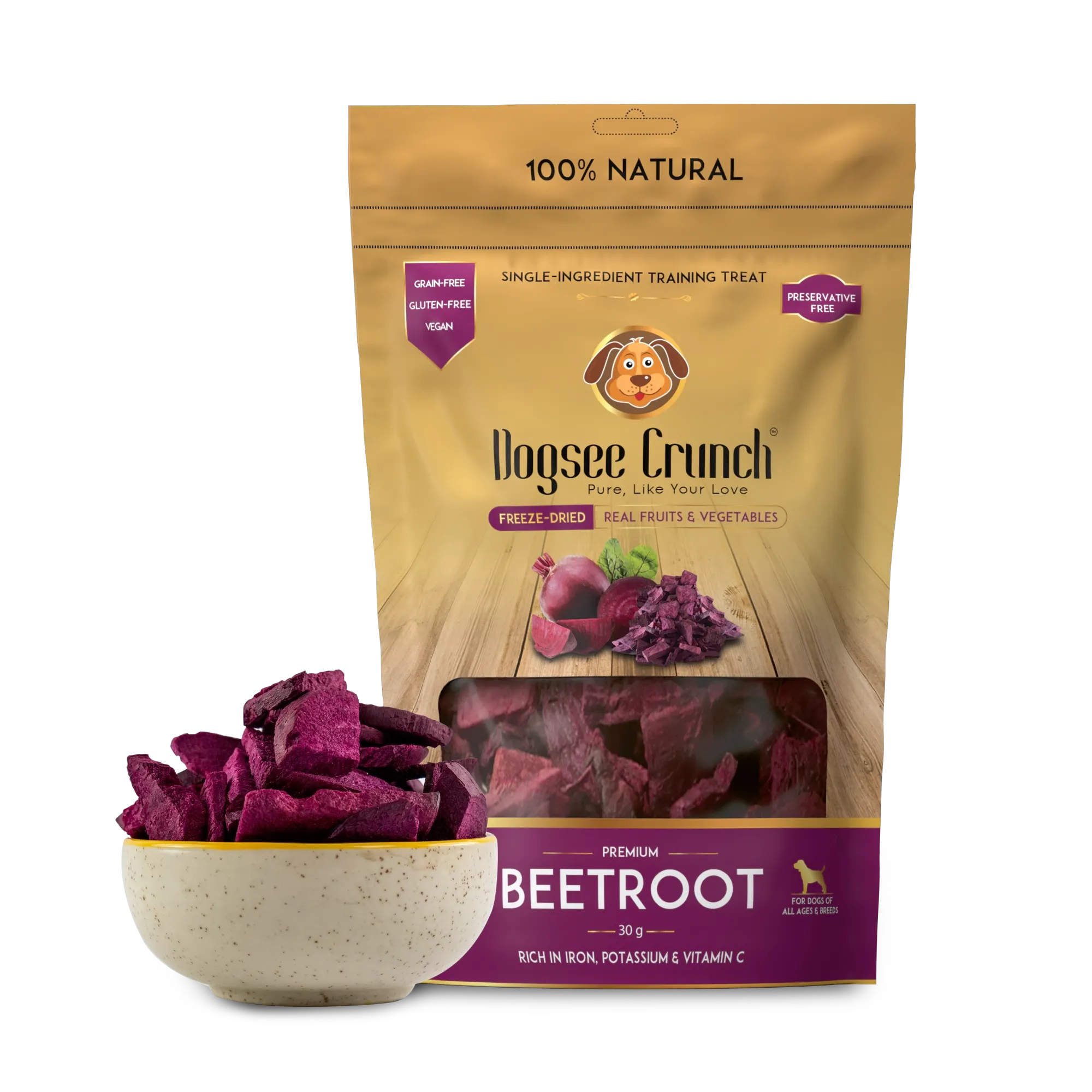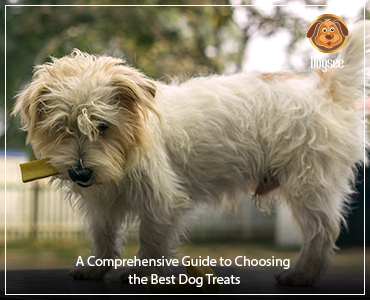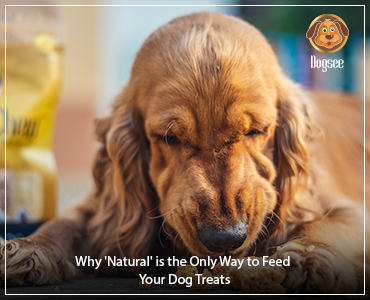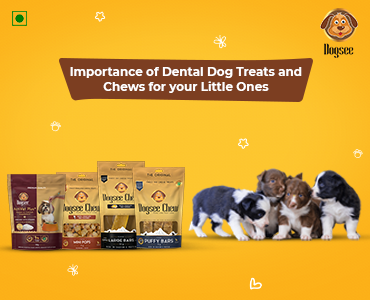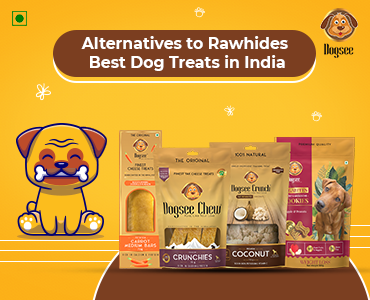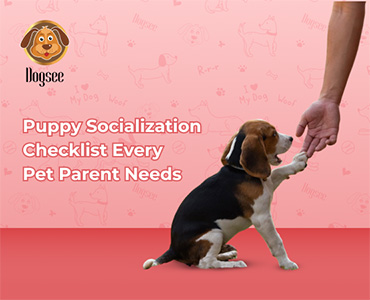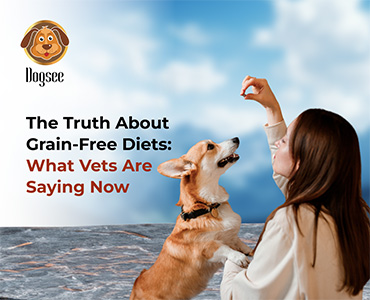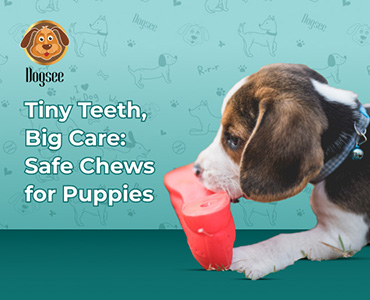
Ever dropped food on the floor and let your living vacuum (your doggo) clean up the mess? That’s not a great dog feeding idea buddy!
Certain human-safe foods can be hazardous to dogs. It’s important to know what dogs can eat before you share your meal.
Because dogs have a different metabolism than humans, they require different dog supplements.
Feeding human foods to dogs can be hazardous to their health and, in some cases, fatal.
This blog discusses what human food dogs can not eat. If you have a dog, keep these foods out of his or her reach.
A dog cannot effectively digest typical human food since it is too rich and fatty; doing so might result in vomiting, diarrhea, and even more serious illnesses like pancreatitis.
Numerous human foods likewise include harmful levels of salt for canines.
Avocado

Persin, a toxin found in avocados, is entirely safe for humans to consume yet extremely dangerous to dogs.
You should refrain from giving your dog any parts of the plant because it can be present in the avocado plant's fruit, pits, leaves, and bark.
These could cause fluid to build up in a dog's lungs and chest if it eats them. This may make it:
Challenging for them to breathe, which may result in a lack of oxygen and possibly death
Fluid buildup in the abdomen, pancreas, and heart can result in additional fatal complications.
So avocados are one of the human foods that are harmful to dogs.
Xylitol

Did you think a slice of plain vanilla cake can be included in the list of foods your dog can eat? Wrong again!
A sugar alcohol known as xylitol is frequently used to sweeten candies, gum, toothpaste, and baked items.
Although it is deemed safe for consumption by humans, it can be fatal to dogs.
A dog's blood sugar might decrease suddenly and significantly after consuming meals containing xylitol.
Initial signs and symptoms, include:
Nausea
Vomiting
Weakness,
Depression
Stiffness
Coma
Seizures
Over time, xylitol can cause liver damage and even death. So definitely include sweet sugary foods in the list of toxic foods for dogs.
Caffeine

Coffee, tea, cocoa, and the South American plant guarana all contain naturally occurring caffeine.
Additionally, medications and soft drinks frequently contain it.In dogs, caffeine can increase heart rate and activate the neurological system.
Coffee and sugary drinks that may be a part of human diet (though not recommended), should definitely not be a part of your dog’s diet routine.
Dogs may experience:
Agitation
Excessive thirst
Loss of urinary control
Vomiting and diarrhea
within 2-4 hours after consuming coffee.
Dogs who consume too much caffeine may develop irregular cardiac rhythms or lung failure, both of which may result in death.
Raisins and Grapes

For dogs, raisins and grapes can be exceedingly poisonous and can not be considered human foods safe for dogs.
Rapid renal failure brought on by them has the potential to be deadly.
Even modest amounts of grapes can make your dog ill; the harmful substances they contain are still unknown.
Although the toxicity varies from dog to dog, a study that looked at 169 reports discovered that some dogs actually passed away after eating just a handful of raisins.
As a result, ingesting any amount should be treated severely.
It is crucial to remember that consuming grapes and raisins raw or as ingredients in baked goods like cookies, cakes, and snack bars might result in poisoning.
Some common tells of poisoning are:
Lack of appetite
Lethargy
Diarrhea
can be seen within the next 12-24 hours.
Thus raisins and grapes are unsafe foods for dogs.
Chocolate

Theobromine and caffeine, two stimulant compounds found in chocolate, are extremely difficult for dogs to digest.
Chocolate consumption by dogs can result in nausea, vomiting, diarrhea, and dehydration.
The progression of these symptoms might potentially result in graver issues like:
internal bleeding and heart attacks
spasms of the muscles
seizures, and
even death.
The amount, kind, and size of chocolate that the dog has taken all affect how severe the adverse effects are.
Any human delicacy like chocolate cakes, cookies and more are considered toxic foods for dogs.
The more poisonous chocolate is to your dog, the darker and less sweet it is. Among the most hazardous types are cocoa powder and unsweetened baker's chocolate.
Always keep chocolate out of reach, regardless of the situation.
Foods your Dog Can Eat
Sweet Potato

A great source of dietary fiber, vitamins A and C, and other necessary nutrients that are good for your dog's general health are found in sweet potatoes.
The digestive tract of your dog can be harmed by seasonings and spices, so it's important to cook sweet potatoes properly before serving them to your dog.
As a treat or as a daily meal, you can give your dog tiny portions of cooked or mashed sweet potatoes.
Sweet potatoes are high in calories and carbohydrates, so you should watch your dog's portion size and avoid overfeeding them.
Dogsee Crunch

Dogsee Crunch keeps things easy and wholesome. These all-natural dog treats are created solely from fresh fruits and vegetables.
The greatest dog treats in India are these single-ingredient training treats because they don't have any flavors or preservatives added.
You can get a lot of nutrition and crunch from the variety of flavors like:
Apple
Banana
Coconut
Beetroot
Artificial flavors, additives, and preservatives are not present in these delights.
The crunchy texture of the Dogsee Crunch treats helps to massage gums and clean teeth, supporting dental health.
The treats also assist in lowering plaque and tartar accumulation, which can result in tooth decay and other dental issues.
The Dogsee Crunch product line is available in a variety of flavors, including cheese, chicken and vegetables.
The flavors are chosen in order to appeal to dogs and maintain their interest in the treats.
Dogsee Crunch snacks are a high source of calcium and protein, two elements that are crucial for canines.
They are a healthy snack choice for dogs who are watching their weight because they are:
Low in fat.
Free of common allergens like wheat, maize and soy.
Suitable for dogs with food allergies or sensitivities.
Dogsee Crunch treats are often a tasty and healthy food choice for dogs.
They are an excellent way to support dental health due to their all-natural composition and crunchy texture, and dogs will adore them due to their variety of flavors.
Check out a Dogsee dog with his favorite crunch treats on our Instagram, Youtube and Facebook!
Dogsee Hard Bars

Yak milk, cow milk, lime juice, and Himalayan rock salt are used in the production of Dogsee Hard Bars. Artificial flavors, additives, and preservatives are not present in these delights.
Dogsee Bars are the perfect chew for dogs who are aggressive chewers because of their firm, dense texture.
The rough texture stimulates gum health by massaging the gums and aiding in tooth cleaning.
The flavors are chosen in order to appeal to dogs and maintain their interest in the treats.
Dogsee Hard Bars for dogs are:
A healthy source of calcium and protein
They are a healthy snack choice for dogs that’s low in calories.
All dogs, including puppies and older dogs, can use these hard bars for dogs. As they are free of common allergens like wheat, maize and soy, they are also suitable for dogs with food allergies or sensitivities.
Hard Bars for dogs are an all-around wholesome and durable chew for dogs.
These dog chews are an excellent way to support dental health due to their all-natural composition and hard texture, and dogs will adore them due to their variety of flavors.
Frequently Asked Questions (FAQs):
1. Is it safe for me to give my dog a whole hard bar?
Answer: As with any new food, it's important to introduce Hard Bars to your dog's diet gradually to make sure they don't have an adverse reaction.
It's also important to keep in mind that while Dogsee Hard Bars are a healthy and natural treat option, they should be given in moderation as part of a balanced diet.
2. How do I store the Dogsee treats?
Answer: It's critical to properly store Dogsee treats to maintain their quality and freshness.
The following advice can help you store Dogsee treats:
The treats should be kept in a cool, dry area. The snacks may degrade or develop mold if exposed to heat, humidity, or moisture.
The sweets should be kept in an airtight container. This will lessen the likelihood that the treats will pick up moisture or odors from their surroundings.
The Last Bite
In conclusion, it's crucial to be careful about what we're feeding our furry friends, even if it may be tempting to share some of our favorite meals with them.
Some human meals may be unhealthy for dogs because they are excessively heavy in fat, salt, or sugar, while others may be toxic to dogs and cause major health issues.
By avoiding the aforementioned foods and maintaining a balanced diet of premium dog food and treats made especially for dogs, you can contribute to the long-term health and happiness of your four-legged friend.
Dogsee treats, when provided in moderation as part of a balanced diet, can be a healthy and nourishing snack alternative for dogs.
To be sure it is suitable for your dog's particular needs and dietary restrictions, as with any new food or treat, it is essential to first speak with your veterinarian.
Always seek the advice of your veterinarian for specific advice if you have any questions about which foods are appropriate for your dog to consume.
 HELPFUL0 people found it helpful
HELPFUL0 people found it helpful
Related Blogs
Subscribe to Our Blogs
and never miss on the latest update!








